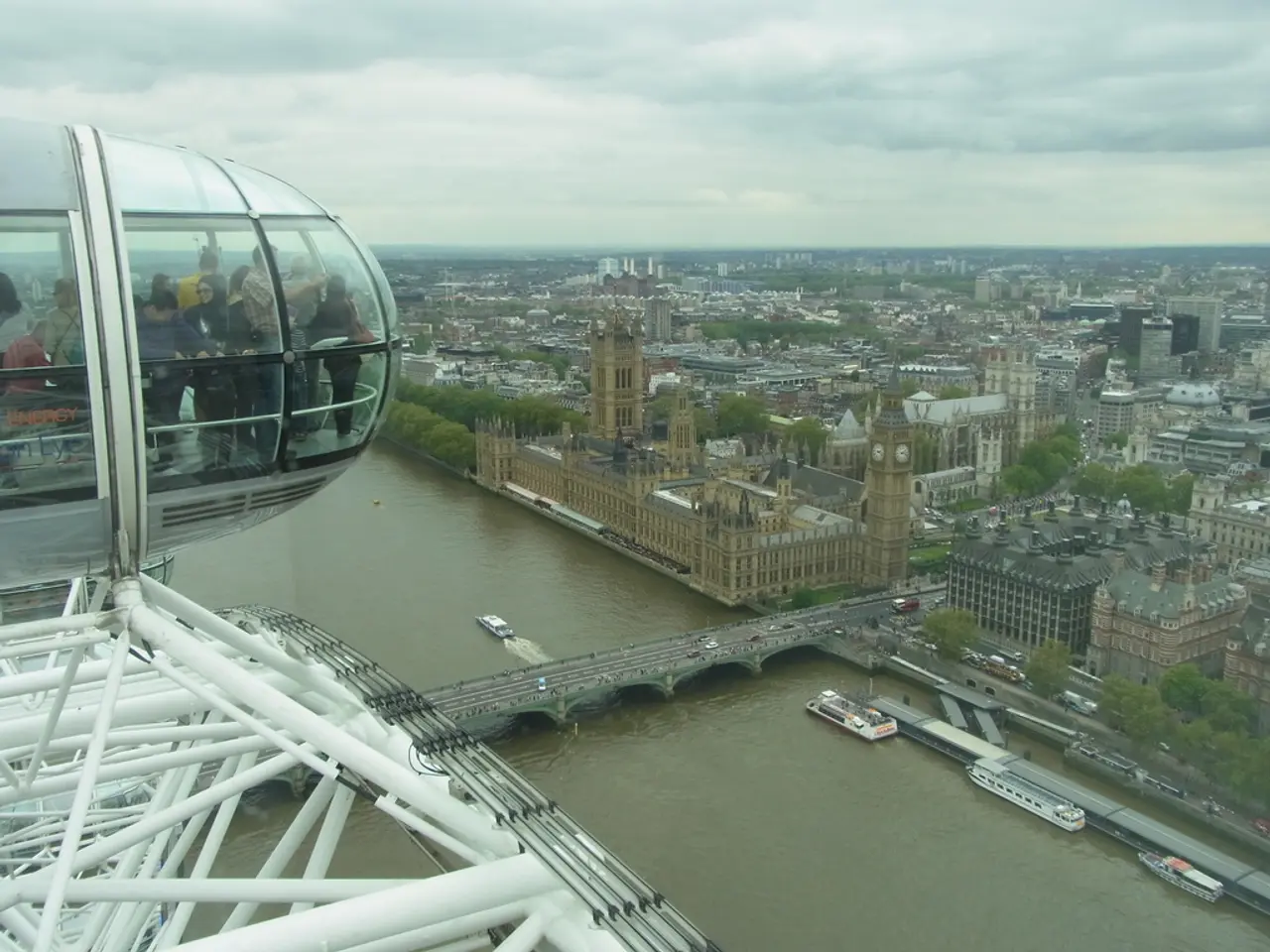Labour party has acknowledged its failure in meeting the expectations of British citizens, as expressed by Rachel Reeves.
Labour Chancellor Rachel Reeves Admits Possible Tax Increases
In a recent development, Chancellor Rachel Reeves of the Labour government has acknowledged that taxes in the UK are currently too high and did not rule out further tax increases in the future. This admission comes after the Labour government raised taxes by a record £40 billion in its first Budget.
Reeves emphasized the importance of balancing the books when increasing government spending, acknowledging that not everything can be done all at once due to the need to make prudent financial decisions. She also noted that borrowing is not a free option because it needs to be paid back.
One of the measures being considered to raise additional revenue is the introduction of VAT on private school fees, expected to generate around £1.5 billion. However, this implementation has been delayed until at least 2025 to allow families time to prepare.
Another potential source of revenue is the use of fiscal drag, achieved by freezing thresholds so more income is taxed at higher rates as nominal wages rise. The Labour government may rely on this method until 2028. Extending National Insurance to more sources of income and to working pensioners has also been suggested as a possibility.
However, the Labour government's commitment not to raise taxes on "working people" limits the options for new revenue. As a result, threshold freezes for income tax are likely to be used to increase tax receipts over time as inflation pushes incomes into higher bands.
The prospect of a wealth tax has been a subject of debate within the Labour government. While there are pressures from left-wing members to impose such a tax, this has not officially been adopted by the government, partly due to concerns about its economic impact.
Rachel Reeves has also suggested that pension contributions and freezing income tax thresholds, often referred to as a "stealth tax", are possible targets for tax increases. She acknowledged that people will be disappointed when they have to pay more taxes, but emphasized that it is critical to ensure that the sums always add up in government finance, which may not always make popular decisions due to the constraints it imposes.
Reeves' comments were a rebuke of a proposal by former Shadow Chancellor Anneliese Dodds to introduce a wealth tax. She pointed to extra taxes on former non-doms, private jets, and second homes as evidence that those with the broadest shoulders are paying their fair share.
Despite the measures being taken to manage the country's finances, the Labour government is under criticism for its high-tax and high-spend policies. Rachel Reeves called for the British public to be more understanding of the challenges inherited from the Conservatives and the need for change, which she believes was the reason people voted Labour in the last election.
Reeves emphasized that the number one priority of the Labour government is to grow the economy and bring more investment into Britain. She suggested that borrowing is not a sustainable long-term solution and that the government must be mindful of its impact on the economy.
In summary, Rachel Reeves has admitted taxes are high, refused to rule out further hikes, plans include VAT on private school fees and possible use of fiscal drag via tax threshold freezes, and there is ongoing debate about wealth taxes. The government’s strategy is to raise revenue while framing direct rate increases on working people as unlikely in the near term.
- The Labour Chancellor, Rachel Reeves, has emphasized the need for prudent financial decisions, acknowledging that borrowing is not a free option since it needs to be paid back.
- One of the measures being considered by the Labour government to raise additional revenue is the introduction of VAT on private school fees, expected to generate around £1.5 billion.
- The Labour government may rely on fiscal drag until 2028, a method achieved by freezing thresholds so more income is taxed at higher rates as nominal wages rise.
- Rachel Reeves has suggested that pension contributions and freezing income tax thresholds, often referred to as a "stealth tax", are possible targets for tax increases.








